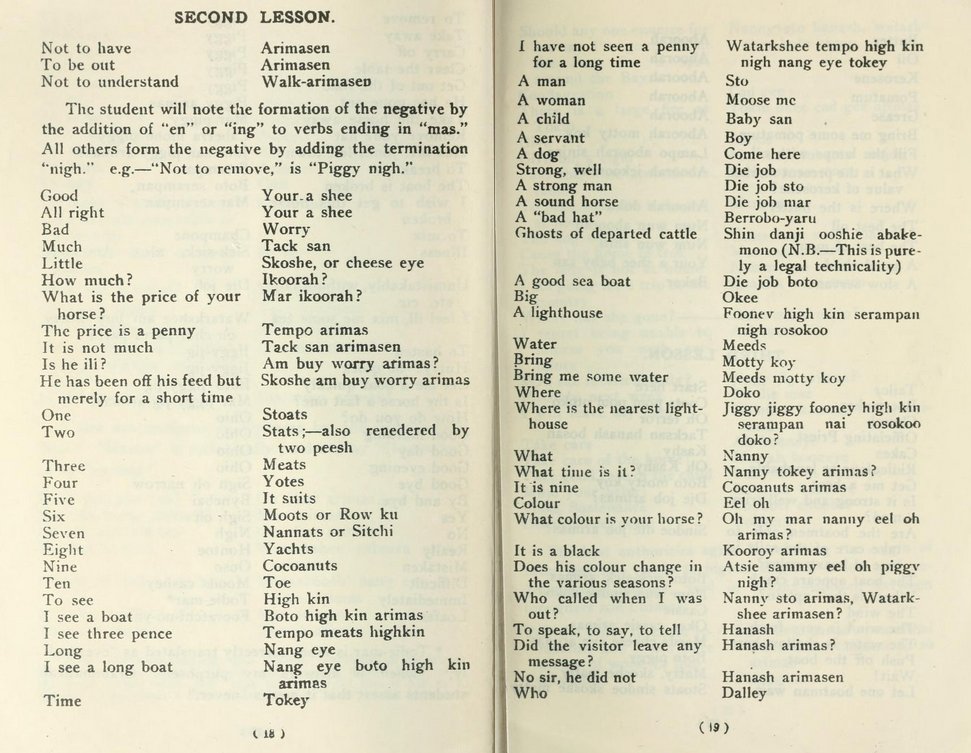私の一番大好きな本は「私を離さないで」と言います。イギリスで「ネバー・レット・ミー・ゴ」と言います。11年前の大学の勉強が終わった時には、私初めて読みましたが、物語は面白くて、不思議で、ずっとかなしいだと思いますから、今まだ大好きなのです。
物語は女の人のキャシーについてです。本の始まりに、キャシーは学生で、田舎の学校で勉強しています。しかし、その学校はあまり普通じゃありません。本の世界に、人間をクローンすることができますから。キャシーも学校の友達もクローン人間です。クローン人間は科学者に使うに生まれましたから、死ぬ前にとても難しい生活があります。
Looks mostly good at first glance. If this were off the top of your head speaking I think most people would be pretty forgiving of these sorts of mistakes (I do this sort of stuff all the time). If it's supposed to be an edited speech there's some stuff I'd clean up.
私の一番大好きな本は「私を離さないで」
です。 I don't think という is really appropriate here. Also nitpicky, but the next line should be いいます, not 言います - the kanji is only used when actually quoting spoken speech.
11年前
、大学の勉強が終わった時に初めて読みましたが、物語は面白くて、不思議で、
そして、とてもかなしいだと思いますから、今
でも大好きなのです。 The framing of the time was a little unclear, and you don't need the personal pronoun. Sadness is not directly related to the mysterious and interesting qualities, so you need some sort of a transitional word in between. Finally, 今でも is just more natural here, I think.
物語は女の人のキャシーについてです。本の始まりに、キャシーは
高校生で、田舎の学校で勉強しています。As I recall, Hailsham is a high-school level boarding school? Might actually be middle school (which would call for 中学生

. 学生 is generally understood to mean college student unless it's made clear elsewhere.
You may also want to rephrase this using the word 主人公, meaning "main character." As it is now it's clear enough but a bit unnatural/awkward. Something like この本の主人公は、キャシーという女の人です。
本の世界
には、人間をクローンすることが
できるからです。I think this works better with a contrastive には, and I think the explanation is more natural with からです instead of ですから. This is mostly gut feeling though, I could be wrong.
クローン人間は科学者に
使われるために
作られましたので、死ぬ前
の時期とても難しい生活があります。
The original sentence was a bit unclear, but I think you're trying to say that "clones were born in order to be used by scientists." You have to be careful to keep the clones as the subject of the verbs here. Finally, I think your meaning is more clear if you specify "the period of time before their death" instead of just "before their death."
"Because of how effective it is, I think cram school should be more widely encouraged in America. "
I'm particularly confused at the bolded. Im not sure how to make suggestions regarding a national agenda.
I'm not actually sure myself. If I was talking with coworkers or something I'd say アメリカでも普及したらいいなと思います。 Literally "I think it'd be nice if they spread/became normal in America," since it's not really anything that you have any connection to or control over.


